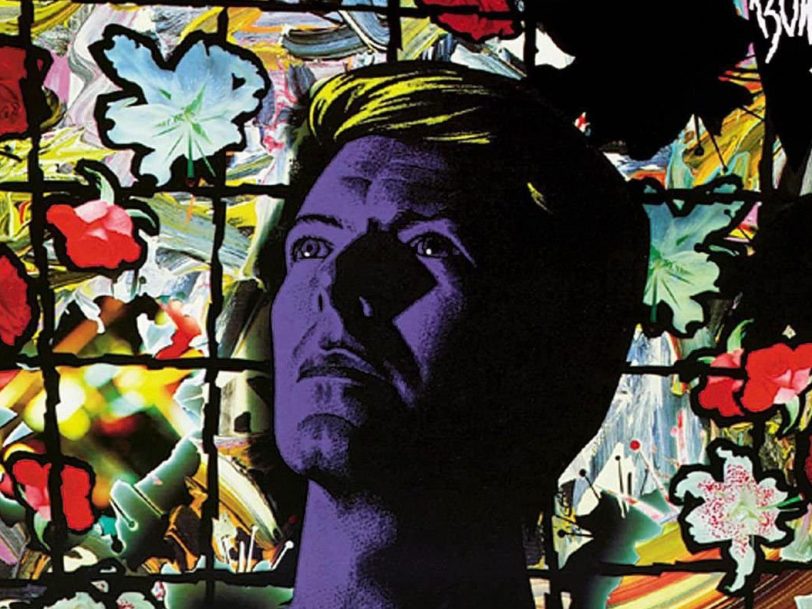At least in the commercial sense, the success of David Bowie’s 16th studio album, Tonight, was pretty much a fait accompli. Arriving in the autumn of 1984, just nine months after the completion of his enormous Serious Moonlight world tour, the record shot to No.1 and basked in Bowie’s reputation as a global superstar – and yet history often finds it sitting in the shadow of its illustrious predecessor, 1983’s Let’s Dance.
Listen to ‘Tonight’ here.
“They were quite raunchy songs”
In retrospect, it’s reasonable to think of Tonight as a victim of circumstance. The Nile Rodgers-produced Let’s Dance didn’t just conquer the charts globally; critics universally hailed it as the very epitome of cutting-edge pop in 1983. Accordingly, Bowie’s next release was going to come under intense scrutiny.
Consequently, Bowie was under pressure to deliver the goods – and fast. EMI were keen to capitalise on the Serious Moonlight tour, for which Bowie sold out all 96 performances in 15 countries, and they wanted him to head back into the studio straight away. It was hardly the ideal premise for creativity, not least because Bowie rarely wrote songs while on tour. As the sessions started, he had two highly promising new tunes in the works – Blue Jean and Loving The Alien – though several other tracks were only partially prepared.




